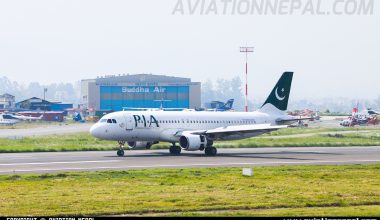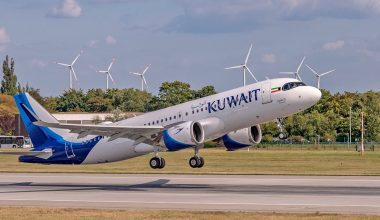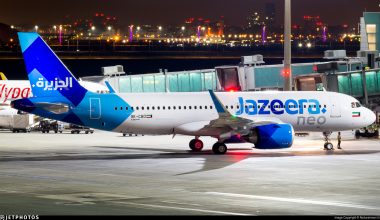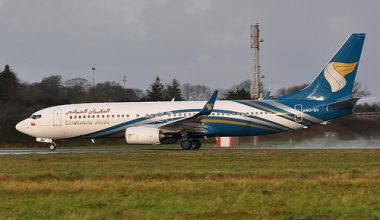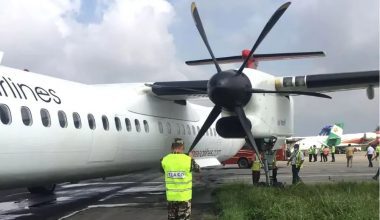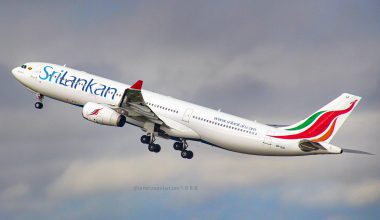The Directorate General of Civil Aviation (DGCA) has removed an air traffic controller officer (ATCO) from active duty at Delhi-Indira Gandhi International Airport after the person failed a random drug test and tested positive for a psychoactive substance. On August 18, the controller was subjected to a drug test while on duty, and the result was positive. Upon the positive screening test, a secondary test was carried out on the ATCO, which too turned out non-negative for a psychoactive substance.
Positive drug test result
The spokesperson for DGCA confirmed that an on-duty air traffic controller at Delhi Airport demonstrated a positive drug test result on August 18, 2022. Under the rules for examining the flight crew and ATCs for consumption of psychoactive substances implemented on January 31, 2022, the ATCO took a random drug test that returned positive and was subjected to a further examination, confirming the results.
As the drug test came positive, the DGCA penalized the controller and immediately removed him from the ATCO duty. It is the first time an ATC has failed the examination for banned substances in India since the civil aviation regulator rolled out the new policy for the random drug testing of the flight crew and ATCs in January 2022.

What next?
The positive-tested air traffic controller will be referred to a de-addiction facility by the organization concerned for a de-addiction and rehabilitation and will be able to return to active duty after a negative test report, having obtained a fitness certificate by the medical in Charge and additional clearance by treating Psychiatrist.
New stringent rules for airline crew members
For several years, India’s civil aviation watchdog DGCA has been conducting breath analyzer checks for aviation workers but recently it has laid new provisions for the identification of aviation personnel using drugs and action on such personnel.
In the light of the worldwide spread of the use of psychoactive substances and the ever-increasing number of addicted users, and its potential impact on Civil Aviation safety, the DGCA implemented a new stringent rule for airline crew members under Civil Aviation Requirement (CAR) in January end this year. As per the procedure outlined in the rule, all scheduled commercial aircraft operators and air navigation service providers must conduct a random mandatory drug testing (covering the use of multiple psychoactive substances, including amphetamine, barbiturates, benzodiazepine, cannabis, cocaine, opiates, and metabolites) on at least 10% of its employees in a year.
The medical personnel of the concerned organization will have to associate during the testing of flight crew members (including pilots and cabin crew) and air traffic controllers for the consumption of prohibited substances on a random basis. According to the new guidance, airline companies, maintenance & repair organizations, or air navigation service providers can test their employees post-flight/ post shift or anytime during the duty period.
Action on non-negative cases
The organization must report all positive psychoactive substance cases to the civil aviation regulator within 24 hours. If the aviation worker tests positive on the screening test, he/she will be immediately taken off duty until a confirmatory report is obtained.
In case of a positive confirmatory test for the first time, the personnel will be referred to a specialist doctor or rehabilitation center and will return to active duties after meeting specific parameters like receiving a fitness certificate from the airline doctor and a negative drug test report, etc.
In case the person tests positive on the second occasion, he/she will lose the aviation license for three years; likewise, if the person who is found positive on the confirmatory test on the third occasion, will have his/her license canceled.
Earlier similar cases
In July, two pilots from two prominent Indian airlines tested failed the dope tests. Although the DGCA didn’t disclose the identity of pilots and airlines due to sensitivity and privacy issues, it did confirm the positive cases. Both pilots were immediately suspended from flight duty and sent to a de-addiction or rehabilitation facility. Since it was their first time failing the drug test, they were suspended for three months.
Between January 1 and April 30, the DGCA handed out a 3-month suspension letter to more than 40 crew members who reported to duty with elevated levels of blood alcohol and tested breathalyzer positive. Among them, 4 pilots and 10 cabin crew members worked for India’s largest airline IndiGo.

